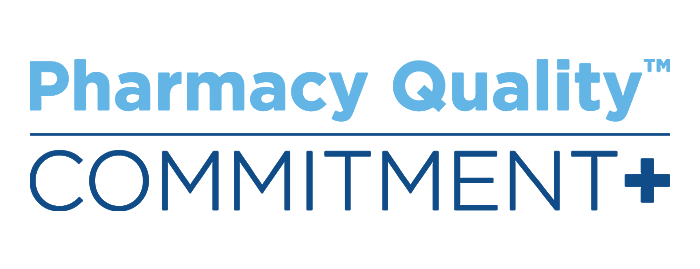Complete Story
CareSource pharmacist helps patients behind the scenes during COVID-19 pandemic
Though pharmacists are most often seen working in the community or hospital setting, there are also pharmacists working behind the scenes in many other areas. For example, CareSource, the largest managed Medicaid plan in Ohio, is headquartered in Dayton and has over 30 pharmacists working to assist patients during the COVID-19 pandemic.
Shannon Steele is a pharmacist for CareSource, who has managed formularies for many years. During the pandemic, her team has worked to implement an override to allow patients to get early refills. This override has allowed patients to limit their unnecessary trips to community pharmacies across the country, while ensuring access to necessary medications. Along with this, CareSource has extended all existing prior authorizations for 180 days for Ohio Medicaid members, due to the fact that it may be difficult for some physicians to find time to approve prior authorizations during the pandemic.
Another problem amid the pandemic has been drug shortages. Certain medications, such as hydroxychloroquine and azithromycin, have gained traction in the media as potential COVID-19 treatments. Steele and her team have been working on monitoring these shortages. They are currently keeping lists of pharmacies who have the medications in stock. They have also found compounding pharmacies who will compound the drugs that may potentially be on shortage and ship them to patients overnight. Because some patients are on hydroxychloroquine chronically, CareSource has also taken the extra step to call patients and ensure they are able to get the medication.
Steele believes that a great way for pharmacists in the community to get more involved in combating the COVID-19 pandemic is to assist in COVID-19 diagnostic testing, which has recently been authorized by the U.S. Department of Health and Human Services (HHS) and State of Ohio Board of Pharmacy. Steele recently presented a COVID-19 testing protocol to Medicaid, which included who should be tested, how to test, triaging patients, and monitoring parameters.
Another of Steele’s most recent projects during the COVID-19 pandemic has been in the over-the-counter (OTC) medication department. In the past, pharmacists have been required to have a prescription written by a physician to be able to bill an insurance plan for an OTC medication. During the pandemic, pharmacists are now allowed to write prescriptions for OTC medications and bill them to Medicaid. This can be very important, as physicians are very busy with COVID-19 patients at this time and may be difficult to reach.
Along with this, Steele is an advocate for Pharmacist "Provider Status." She is a firm believer that pharmacists can help produce better patient health outcomes, and she also believes pharmacists can be very beneficial from a cost perspective.
Across Ohio, thousands of pharmacists like Shannon Steele are practicing in many different types of practice settings to answer the call and rise to the challenge of combating the COVID-19 pandemic and maximizing patient outcomes. As one of the most underutilized and overlooked health professionals, pharmacists have the training and expertise to make a significant impact on patient lives, but because of antiquated and decades-old federal laws that have disincentivized their use, many are left on the sidelines at times when they are needed most.
At a federal level, the lack of pharmacist provider status inhibits their ability to provide needed care to our nation’s seniors and also limits their access to personal protective equipment (PPE) amid the pandemic. At the state level, an Ohio “provider status” law went into effect in April 2019 to help better utilize pharmacists on the health care team, but state officials have not yet taken the steps necessary to activate the law’s provisions.
The Ohio Pharmacists Association (OPA) is working to ensure that pharmacists can have the same recognition and protections as other health care providers, so that they can be better utilized during ordinary – and extraordinary – circumstances. Pharmacists are an important tool in the healthcare toolbox, and it’s imperative that they are deployed to meet our greatest healthcare challenges. For more information about COVID-19 and the role of pharmacists, visit OPA’s dedicated coronavirus resources page.


